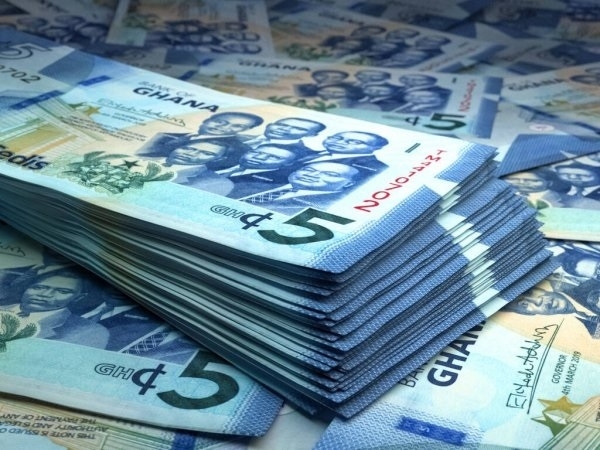Cedi’s mid-year recovery down to revised import payments, IMF’s 3rd tranche, fed rate cuts – BoG
 The report said the cedi depreciated by 19.9 per cent in nominal trade-weighted terms, and 22.5 per cent in forex transaction-weighted terms, on a year-to-date basis against major trading partners' currencies
The report said the cedi depreciated by 19.9 per cent in nominal trade-weighted terms, and 22.5 per cent in forex transaction-weighted terms, on a year-to-date basis against major trading partners' currencies
According to the Bank of Ghana’s Monetary Policy Report – July 2024, the pressure on the cedi eased somewhat in June from elevated pressures in May.
It said the easing pressure was on the back of the revised regulations on advanced payments for imports by the central bank, and the steadfast implementation of the new Cash Reserve Ratio (CRR) regime.
Also, the central bank said positive sentiments from the third tranche of the International Monetary Fund’s Extended Credit Facility, the breakthrough with the external debt restructuring, as well as the Fed’s expected rate cut, supported the recovery in the cedi.
The domestic currency depreciated by 18.6 per cent, 17.9 per cent, and 16.0 per cent against the dollar, the pound, and the euro, respectively, on a year-to-date basis.
This was against a depreciation of 22.0 per cent, 26.3 per cent, and 23.8 per cent against the dollar, the pound, and the euro, respectively, during the same period in 2023.
In the outlook, the Bank of Ghana said “the tight monetary policy stance in Ghana and forward guidance on policy rate cuts in some advanced economies are expected to work through the expectations channel to help ease pressure on the cedi.”
Also, it reported that strong liquidity management and continued Forex auctions are expected to support the Forex market.
However, it noted that “fiscal spending amid upcoming elections remains an upside risk to the stability of the cedi.”
The report said the cedi depreciated by 19.9 per cent in nominal trade-weighted terms, and 22.5 per cent in forex transaction-weighted terms, on a year-to-date basis against major trading partners' currencies.
This is against a depreciation of 30.7 per cent, and 28.6 per cent, in nominal trade-weighted terms and nominal foreign exchange transaction-weighted terms, respectively, over the same period in 2023.
In real bilateral terms, the cedi depreciated by 11.4 per cent, 9.5 per cent, and 7.7 per cent, against the dollar, the pound sterling, and the euro, respectively, on a year-to-date basis, noted the report.
For the corresponding period in 2023, the cedi’s real exchange rate had depreciated by 16.36 per cent, 23.03 per cent and 18.16 per cent against the dollar, the pound sterling, and the euro, respectively.
The cedi depreciated by 8.4 per cent and 11.1 per cent in real trade-weighted terms and real forex transaction-weighted terms, respectively, on a year-to-date basis.
This compares with depreciations of 18.3 per cent and 16.6 per cent, in real trade-weighted terms and real forex transaction-weighted terms, respectively, for the same period in 2023.
Trending Business

IBAG elects new executives at 12th general meeting
04:57
First Atlantic Bank PLC set for official listing on the Ghana stock exchange
16:04
SIC Managing Director James Agvenim-Boateng honoured by IBAG
05:34
IMF technical mission engages Ghana on implementing governance reforms
05:08
NPA hosts 2025 Downstream CEOs breakfast meeting to shape industry’s future
15:16
Ghana to establish Trade House in the UK to boost exports — High Commissioner reveals
15:05
VEMAG raises concerns over DVLA's digital number plate rollout, citing job losses
13:30
DVLA introduces temporary registration number sticker for non-fleet vehicle owners
12:05
Finance Minister urges Legon Tax Office to strengthen revenue mobilisation
10:12
GRA refutes extortion claims, clarifies duty payment incident at Kotoka International Airport
06:39




